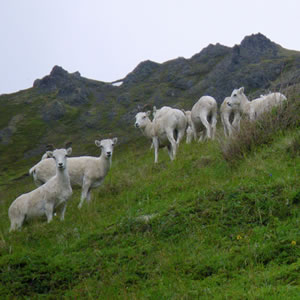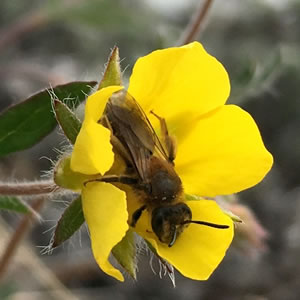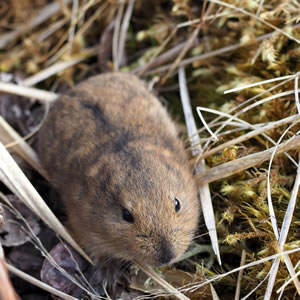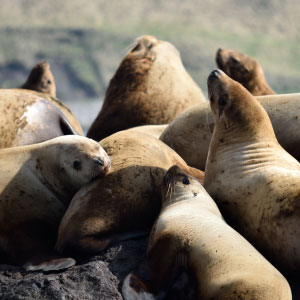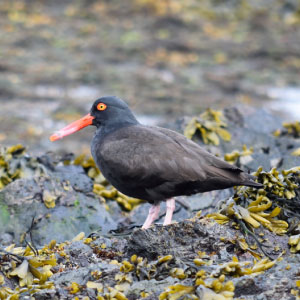Wildlife research at ACCS focuses on mapping habitat and nutrition for herbivores in Alaska. We are particularly interested in understanding how vegetation and food resources are distributed on the landscape and affect movement, survival, and productivity. As part of the state’s Natural Heritage Program, we also maintain long-term datasets and conduct research on species of concern including small mammals, bats, and pollinators.
Research Focal Areas
Resources
People
Kassie Colson, M.S.
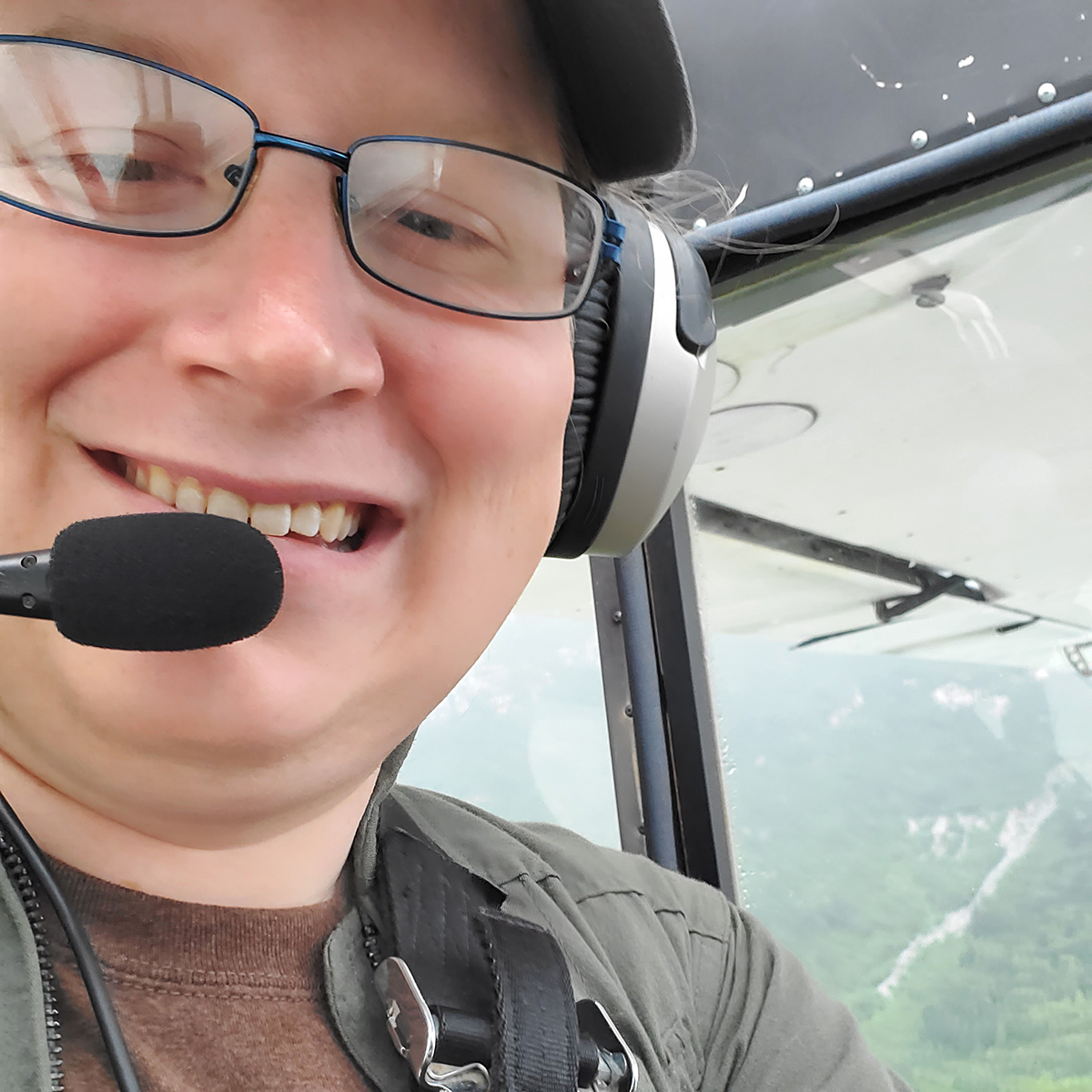
Lead Wildlife Ecologist | kcolson (at) alaska.edu |  Kassie’s Publications
Kassie’s Publications
Kassie Colson received a B.S. in Biology from the University of Utah and a M.S. in Wildlife Biology from University of Alaska Fairbanks with a thesis focused on home range formation in southeast Alaskan moose. She has worked as a staff researcher at University of Alaska Fairbanks for the Dr. Kris Hundertmark and the Dr. Laura Prugh labs, as well as a decade as a research biologist for Alaska Department of Fish and Game Region IV, working on a wide variety of big game species, furbearers, and terrestrial and avian non-game species. She has focused on predator-prey ecology, home range formation, and population modelling, but has worked on resource selection, genetic population structure, and the use of drones for wildlife conservation.
Amanda Droghini, M.S.
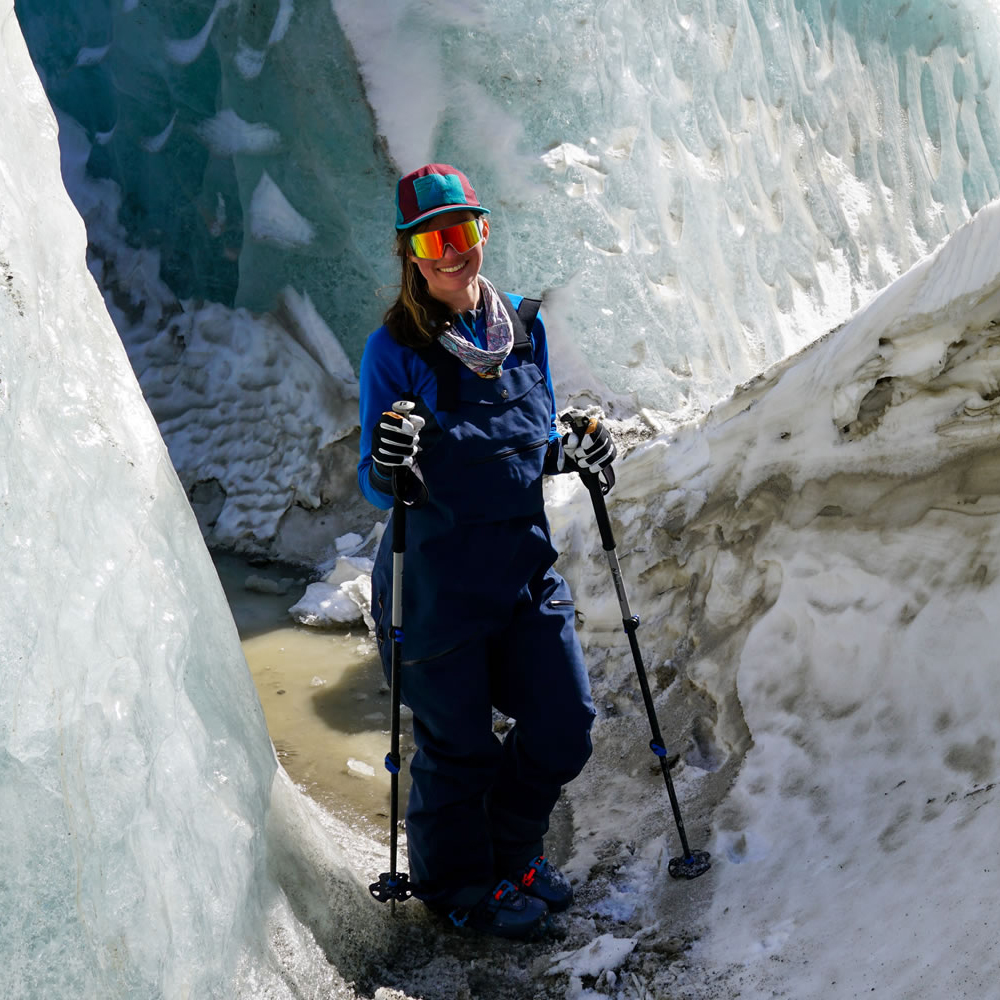
Data Manager | adroghini (at) alaska.edu |  Amanda’s Publications
Amanda’s Publications
Amanda Droghini holds an M.Sc. in Ecology from the University of Alberta and a B.Sc. in Environmental Biology from McGill University. After joining ACCS in 2016 as a wildlife technician, she served as the Lead Wildlife Ecologist from 2020 to 2024. Amanda is currently the center’s Data Manager, where she provides technical expertise in R, Python, GIS, and SQL. Since 2025, she has also served as a Data Editor for the Ecological Society of America. Amanda has authored 11 peer-reviewed papers on topics ranging from habitat selection and small mammal conservation to invasive species modeling. She specializes in building elegant, automated workflows that transform raw field data into standardized databases. Her work is rooted in a commitment to open science and reproducible research.
Timm Nawrocki, M.S.
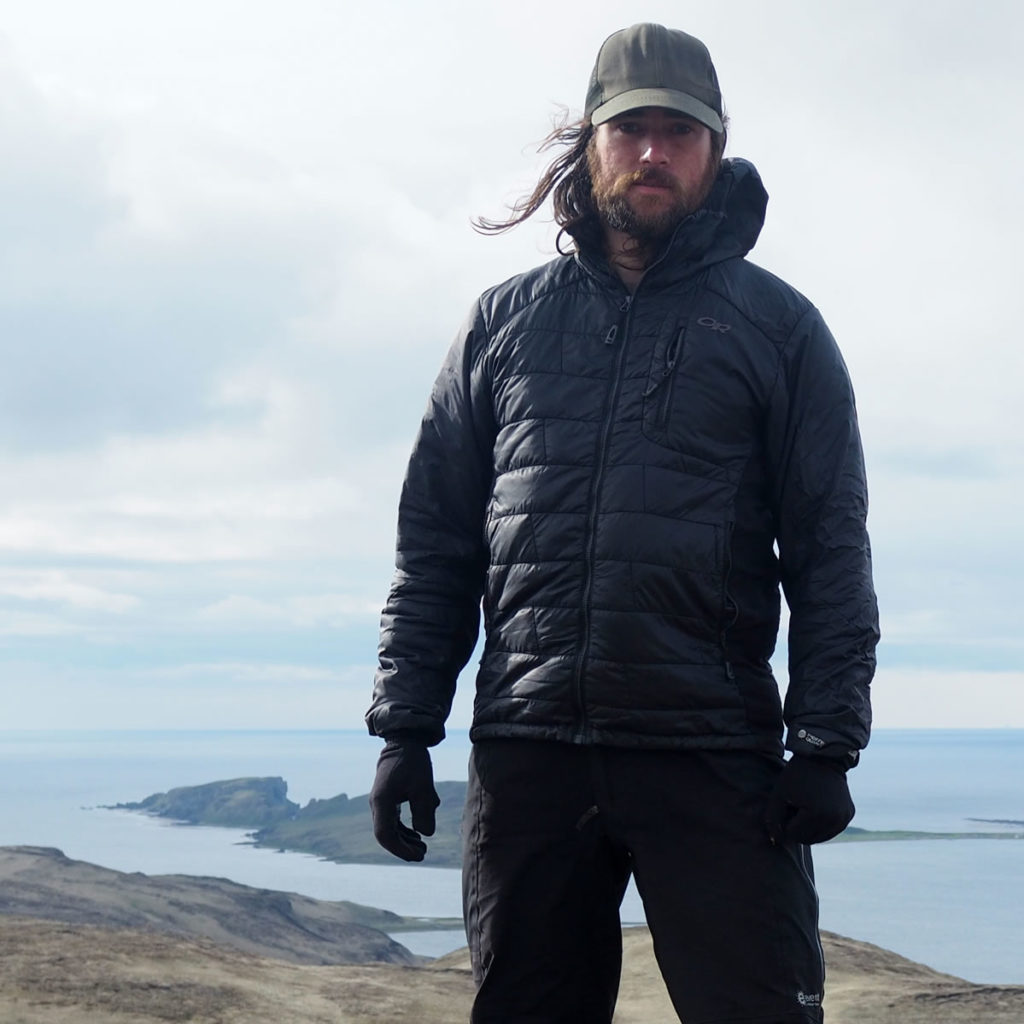
Terrestrial Ecologist | 907-786-6359 | twnawrocki (at) alaska.edu |  Timm’s Publications
Timm’s Publications
Timm Nawrocki received a B.S. in Biology from the University of Virginia and a M.S. in Biological Sciences from the University of Alaska Anchorage. He specializes in spatial analyses of terrestrial vegetation, soils, and wildlife; remote sensing; and identification of vascular and non-vascular plants. He is fluent in Python, R, SQL, Javascript, geographic information systems (GIS), and web development including a variety of frameworks, platforms, and languages.
Affiliates
Paul Schuette, PhD, U.S. Fish and Wildlife Service
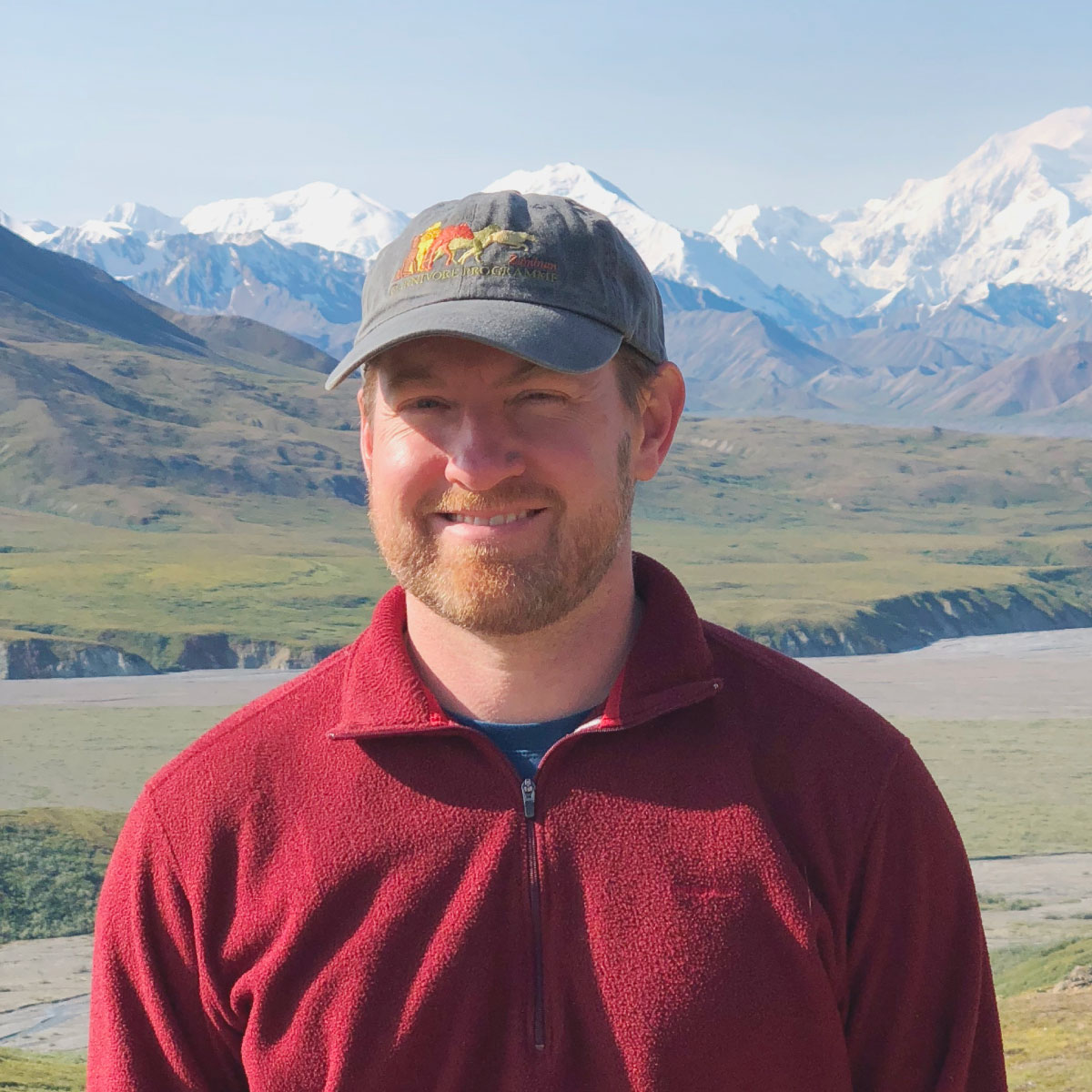
Wildlife Ecologist | paul_schuette (at) fws.gov
Paul Schuette focuses on sea otters as part of the Marine Mammal Management Program at U.S. Fish and Wildlife Service. He received a B.S. in Biology from Truman State University, a M.S. in Ecology from San Diego State University, and a Ph.D. in Biological Sciences from Montana State University. He held postdoctoral research positions with Montana State University / Zambian Carnivore Programme and the State University of New York, College of Environmental Science and Forestry (SUNY ESF). He has investigated a variety of topics related to predator-prey dynamics, competition, resource selection, foraging ecology, and human-wildlife interactions, with a focus on carnivores, ungulates, and small mammals. He has conducted research in the United States, Kenya, and Zambia in areas spanning a gradient of protection and human land use.
Hollis Woodard, PhD, University of California, Riverside
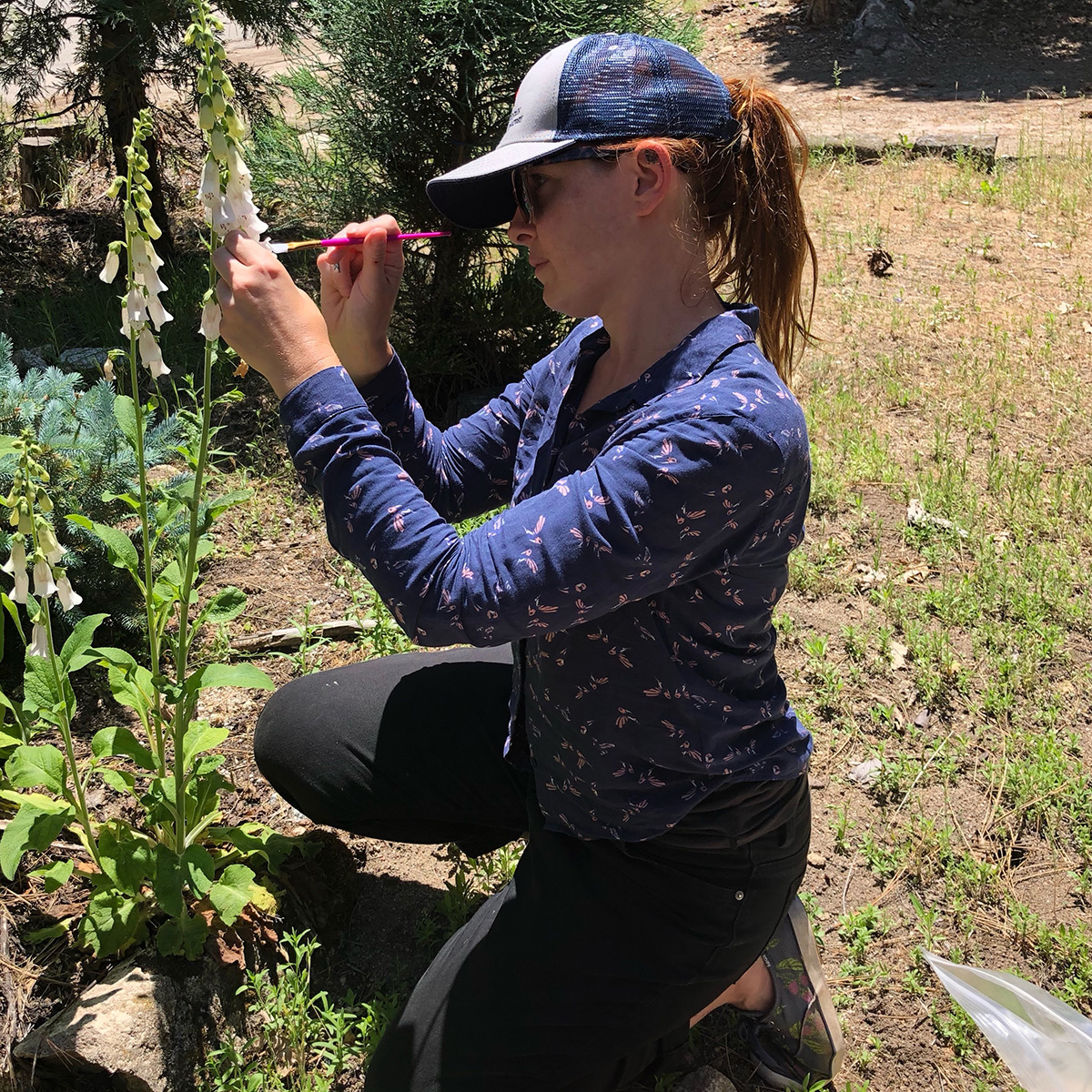
Affiliate Researcher | hollis.woodard (at) ucr.edu
Hollis Woodard is an Associate Professor of Entomology at the University of California, Riverside and PI of the US National Native Bee Monitoring Research Coordination Network. She received a PhD in Biology in 2012 from the University of Illinois at Urbana-Champaign, working on the molecular basis of social evolution in bees. From 2013-2015 she was a USDA-NIFA Postdoctoral Fellow working on the nutritional ecology of bumble bees at the University of Texas at Austin. She is broadly interested in native bee ecology, evolution, social behavior, and conservation, with a special focus on bumble bees.

